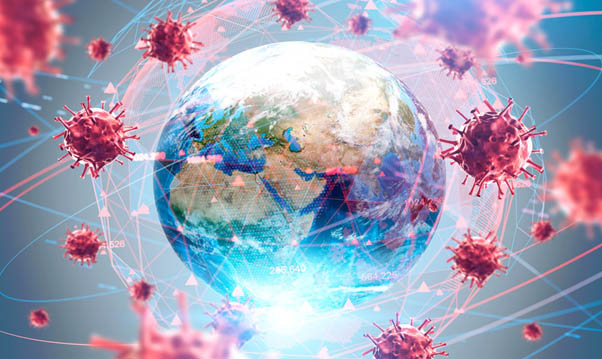
Today, of course, the whole world is talking about the pandemic of the coronavirus. Yes, it’s scary. This disease is killing the lives of thousands of people around the world. When you go out, it seems like we are in some movie about the apocalypse: just a few people on the streets, all in medical masks, police officers ride in cars with loudspeakers and repeat the rules of behavior step by step, one by one, explaining how to avoid this wily virus. It’s such a paradox that people are dying, and the nature is blossoming and getting better, freer, and purer. I want to say, though it sounds harsh, the planet Earth itself has released this sly virus to cleanse its surface and finally breathe at full breasts. I think humans have polluted the Earth in an awful way, and I guess, just in a while, something could really explode.
This pandemic — like a firearm on the Earth — shot up and flew everywhere.
If you look at our history, the planet Earth has done such “cleaning of the population” for several times. Let’s remember the Spanish Flu or Ispanka. By the way, some scientists are now drawing parallels between the Spanish epidemic that happened just 100 years ago and the coronavirus. It is believed to have been the largest mortality in the influenza epidemic. It began at the end of World War I, and they said it had originated in crowded camps on the Western Front. The war ended in November 1918, and when the soldiers returned home, they brought the virus with them. And when people just started to regain consciousness after the War, the hope for a better life began — something hundreds of times worse began, something that took away so many lives that it couldn`t be compared even to the losses during the WW I —”Spanish Flu”.
Since then, humanity has experienced many pandemics, including three serious outbreaks of influenza. But none of them were so deadly and worldwide. There is almost no place left on the Earth where people could escape under such dire consequences. But it’s worth saying that a lot of settlements in Alaska, Scandinavia, and Siberia have remained untouchable. The wilder the nature the less the spread of the coronavirus.
The death of Covid-19 is caused by a form of pneumonia that the immune system, which is weakened by the virus, cannot overcome. The same is with Ispanka, although the death rate from the coronavirus is much lower than of the Spanish flu. That is somewhere 3.4% (For comparison, from a seasonal flu it was 1%).
It is estimated that about 400 million people will be infected, representing 20% of the Earth’s population. However, the general negative tendency of the last months of World War I did not contribute to accurate medical calculations. In addition, people then died massively from front wounds and starvation. Therefore, the estimates of the number of victims of the WW 1 pandemic fluctuate, in the range of tens of millions. The Spanish flu spread the world more slowly. It was moved not by airplanes, but by rail and by steamships. Some regions had stood their grounds for months, years, but the deadly disease came there.
However, it is believed that Spain was not the place where the epidemic began. The exact location of the first flare could not be determined. According to one version, the disease originated in China. Sounds familiar, isn’t it?
Doctors called Ispanka “the greatest medical holocaust in history.” And not only the death toll, but also the fact that many of her victims were young and healthy. The Spanish flu erupted in the world where the global war had just ended. Vital public resources were directed to military needs. The public health system was just starting to emerge.
Scientists, governments, people have realized that from now, pandemics will spread through the world faster than before. It is understood that all necessary measures are urgently needed to save human lives. Now, modern people have realized the feelings of those who passed through the outbreaks of the pandemic. From now on, everyone will appreciate human life, their loved ones, their friends; they will finally respect the surrounding nature and help it, not destroy. I really hope for that. Humanity needs such “periods”. We need such periods of rebirth and rethinking. However, it is a pity that the payment for this is our own lives.
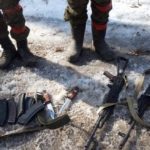














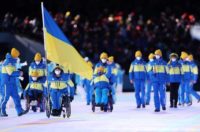







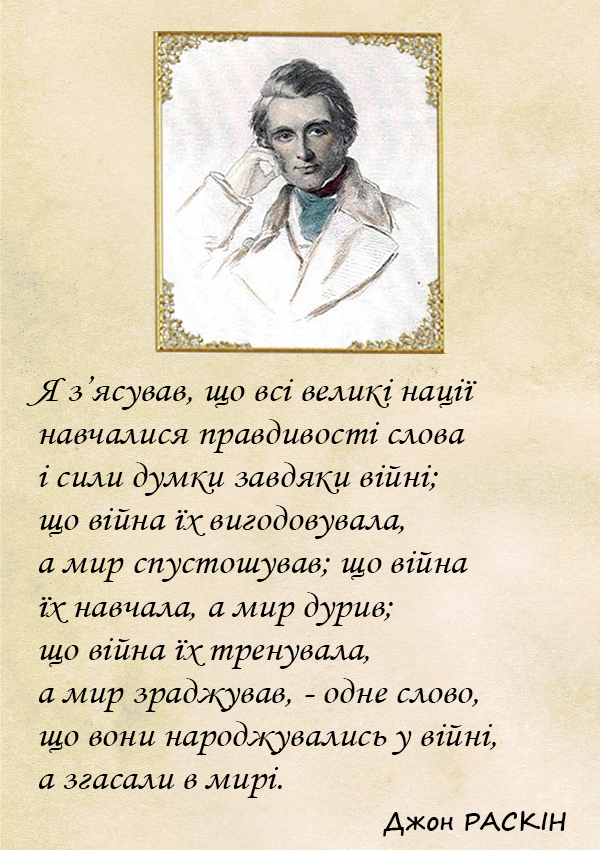






















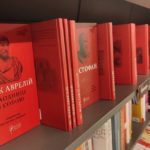











Залишити відповідь